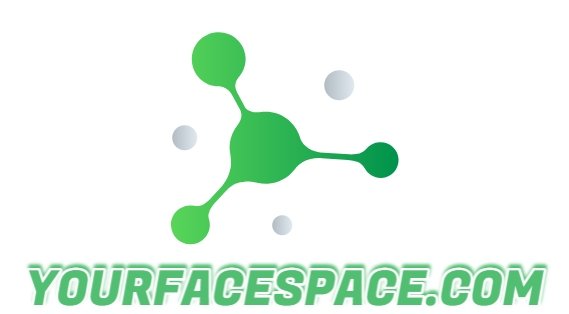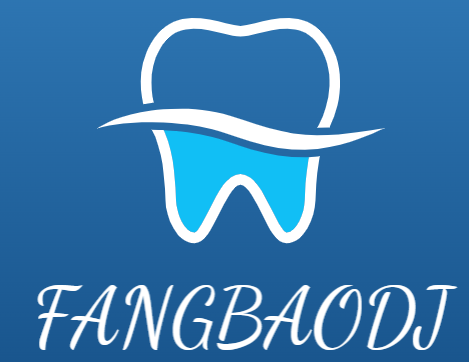Introduction
In today’s digital age, it’s no secret that we spend a significant amount of time glued to our screens. Whether it’s our smartphones, tablets, laptops, or TVs, screens have become an integral part of our daily lives. While technology has undoubtedly brought numerous benefits, it has also had a negative impact on our sleep patterns. The blue light emitted by screens can disrupt our natural sleep-wake cycle, making it harder for us to fall asleep and get quality rest. In this blog post, we will explore the concept of a digital detox and how it can help us break free from screen time, resulting in better sleep.
The Importance of Sleep
Sleep is a vital component of our overall well-being. It allows our bodies and minds to rest and recharge, enabling us to function at our best during the day. However, the constant exposure to screens, especially before bedtime, can disrupt our sleep patterns and lead to various sleep disorders, such as insomnia.
What is a Digital Detox?
A digital detox refers to taking a break from screens and digital devices for a specified period. It involves consciously disconnecting from technology to create a healthier balance between our online and offline lives. By reducing our screen time, we can give our minds a chance to unwind, reduce stress levels, and improve our sleep quality.
Tips for a Successful Digital Detox
Here are some practical tips to help you embark on a successful digital detox:
- Set Clear Boundaries: Establish specific times during the day when you will disconnect from screens. For example, you can designate the hour before bedtime as a screen-free zone.
- Create Tech-Free Zones: Designate certain areas in your home, such as the bedroom or dining area, as tech-free zones. This will help you resist the temptation to use screens during those times.
- Find Alternative Activities: Replace screen time with activities that promote relaxation and better sleep, such as reading a book, practicing meditation, or taking a warm bath.
- Use Apps to Limit Screen Time: There are various apps available that can help you track and limit your screen time. Set specific goals for yourself and use these apps to hold yourself accountable.
- Establish a Bedtime Routine: Create a soothing bedtime routine that doesn’t involve screens. This can include activities like stretching, journaling, or listening to calming music.
The Benefits of a Digital Detox for Sleep
Embarking on a digital detox can have numerous benefits for your sleep:
- Improved Sleep Quality: By reducing your exposure to screens, you allow your body to naturally regulate its sleep-wake cycle, leading to better quality sleep.
- Reduced Insomnia: Disconnecting from screens before bedtime can help reduce insomnia and other sleep disorders caused by excessive screen time.
- Increased Relaxation: Engaging in alternative activities during your digital detox can promote relaxation and reduce stress levels, making it easier for you to fall asleep.
- Enhanced Productivity: Getting better sleep as a result of your digital detox will leave you feeling more energized and focused during the day, leading to increased productivity.
- Better Overall Well-being: By prioritizing sleep and taking a break from screens, you are investing in your overall well-being and creating a healthier relationship with technology.
Conclusion
In a world dominated by screens, it’s crucial to recognize the impact they can have on our sleep. By implementing a digital detox and reducing our screen time, we can improve our sleep quality, reduce sleep disorders, and enhance our overall well-being. So, take the first step towards better sleep by breaking free from screen time and embracing a healthier balance between technology and rest.




